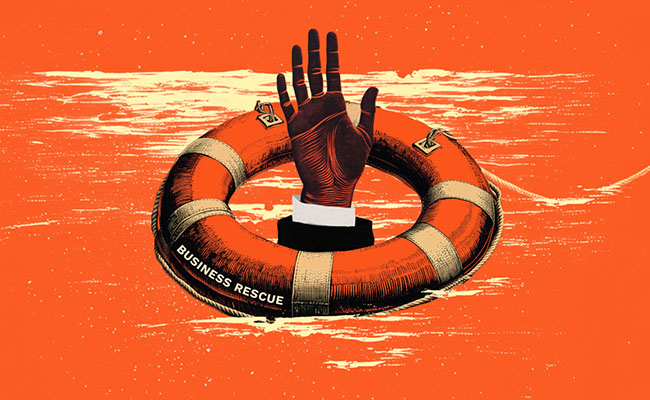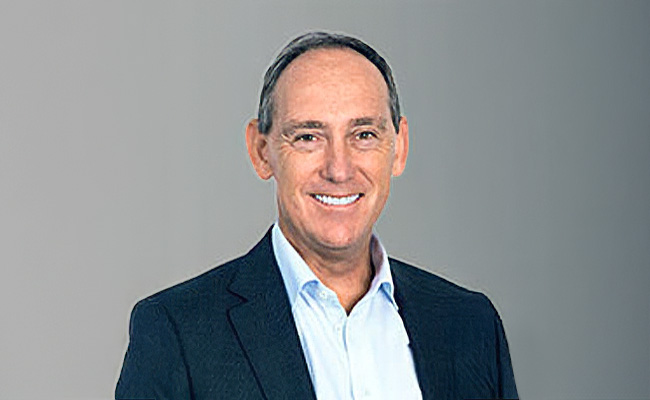Your article, “Rescuing Business Rescue”, raises several important points about the business rescue profession. As a turnaround strategy expert and a business rescue practitioner (BRP), I read it with a lot of interest.
Though there are different views about business rescue (BR), a few important factors need to be mentioned here. The inclusion of BR in chapter 6 of South Africa’s Companies Act 71 of 2008 was a very important development. As you indicate in your article, the purpose of BR was to save jobs and to reduce the number of companies that end up liquidated.
However, the chances of success are higher the earlier a decision is taken to place a company in BR. Though the act requires a board to resolve to place a company in BR as soon as it realises that the company is financially distressed, provided it is of the view that there are reasonable prospects of rescuing it, in reality some boards wait until it is too late to take that decision. (The definition of financial distress is provided in the act.) This calls for honesty on the part of a company’s board of directors.
The longer they take to place a company in rescue, the greater the likelihood of an unsuccessful process. In the case of companies that find themselves placed in business rescue as a result of court action by any “affected person” – which tends to be a creditor – it is likely too late for the process to save them.
A company in BR is like a patient in a hospital’s intensive care unit. It requires greater care and co-operation from the BRP and a company’s creditors, employees and shareholders. Just as an ICU is populated by medical specialists, it is vital that the person(s) chosen to be the BRP are specialists in the first instance, and not just “accountants, lawyers or ‘people who work in banks’”, in the words of former Basil Read Group CEO Khathutshelo Mapasa.
Another factor to keep in mind is that, once appointed, the first call that a BRP must make is whether the prospect of rescuing a company is reasonable, otherwise the company must be liquidated. That is a very important call that must be made with honesty.
Specialist knowledge
I do not share the view that, to stand a reasonable chance of success, a BRP must have had experience in a company’s particular industry. While industry experience may help, it is the experience of having run a business that is far more important. After all, business is business. Anyway, in addition to working with a company’s existing management team and board, BRPs are free to use the services of relevant industry experts.
Perhaps more importantly, before a company gets to a stage where it is financially distressed, its board should engage the services of turnaround strategy experts. That way, a company can proactively implement the necessary strategies to arrest the decline and to turn itself around. That will also ensure that the board remains in charge of the company, unlike during a BR process when the board and the management team will be “subject to the authority of the [business rescue] practitioner”.
The problem, therefore, is not BR per se. And it remains a very important legal instrument that, when implemented timeously, can ensure companies’ continued existence, to the benefit of both creditors and employees.
Ultimately it is up to boards to carry out their duties with honesty, care, skill and diligence, as enjoined by the Companies Act. Part of that responsibility includes the need to take tough and timeous decisions.
Kaizer M Nyatsumba (PhD) is a Chartered Director (SA), turnaround strategy expert and business rescue practitioner.
Sign up to Currency’s weekly newsletters to receive your own bulletin of weekday news and weekend treats. Register here.













